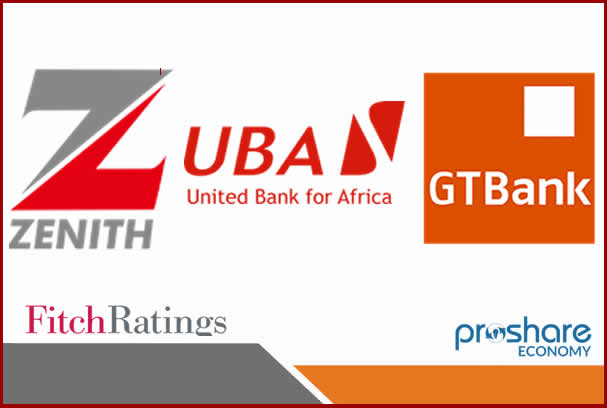In response to the rapid changes in the financial sector, several Nigerian banks have recently upgraded their core banking systems. This trend was initiated by Sterling Bank, which on September 10, migrated to a new core platform known as SeaBaaS.
However, the transition didn’t come without challenges. Sterling Bank’s customers faced significant issues, including restricted access to their funds for weeks following the migration. Similar system changes were soon adopted by other major banks like Zenith Bank, Guaranty Trust Bank (GTB), and First Bank, leading to widespread service disruptions.
These disruptions resulted in failed transactions, customers being unable to complete purchases or pay for services, and a general sense of frustration among users.
What Is a Core Banking System?
A core banking system is the technology that banks use to manage essential operations, such as account management, transactions, and risk assessments. It handles daily banking activities, updating customer accounts and other financial records.
What Went Wrong?
During the migration, several banks fell short in adequately communicating with their customers. Many customers, especially the elderly or those less tech-savvy, were not properly informed or prepared for the changes. This lack of communication and education created confusion and frustration when services were disrupted.
Additionally, many banks chose to implement the upgrades around the same time, which compounded the issues. The banks also failed to put interim measures in place that could have eased the burden on customers, particularly those with high-volume accounts, ensuring they didn’t lose large sums during the transition.
Why Is the Upgrade Important?
The migration to new core systems is largely driven by the economic reality of the naira’s devaluation, pushing banks to seek more cost-effective solutions without compromising on service quality. Furthermore, with the rise of cyber threats, it has become crucial for banks to enhance their security by adopting more secure, fraud-resistant systems to protect customer accounts.
Modern core banking platforms offer banks greater flexibility, scalability, and the ability to integrate with third-party services. This allows banks to provide innovative offerings and improve customer experiences. Regular maintenance and system upgrades are also part of keeping up with these technological advancements.
Is Central Bank Approval Needed?
The Central Bank of Nigeria (CBN) does not require banks to seek approval for core banking system upgrades. However, banks typically inform the CBN as a matter of courtesy when undertaking such projects. Despite any disruptions, customer funds remain secure during these migrations.




